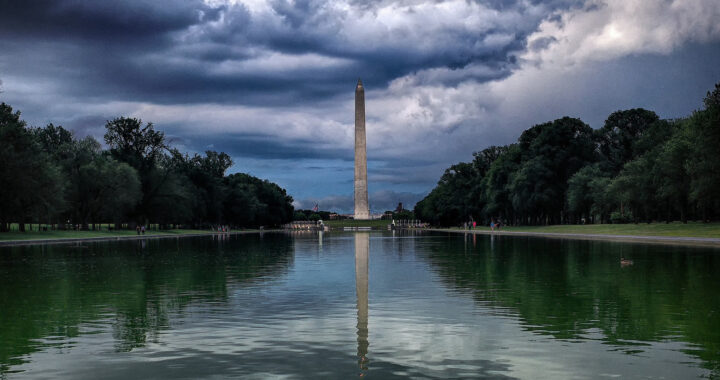A survey conducted by AP-NORC between 10 and 14 July 2025 showed that younger adults are substantially less engaged in United States politics compared with older cohorts. While nearly 90 percent of older adults consider voting to be very important, only approximately 60 percent of young adults share that view. This gap highlights persistent generational differences in political attention.
Two-thirds of respondents aged 18 to 29 said that it is important for people to vote. But fewer young independents regard voting as very or extremely important. Nearly 45 percent of independents maintain that view compared with approximately 75 percent of young Democrats and Republicans. This indicated that partisanship influences political valuation among youth.
Note that the poll further revealed that one-third of younger adults do not follow U.S. politics very closely or at all. In contrast, older adults are far more likely to follow politics closely. Earlier data from teenagers aged 13 to 17 reflect similar patterns. Only 17 percent follow developments in politics very or extremely closely, while 44 percent do not follow it closely.
Young adults under 30 rated the economy among their top personal concerns. This is followed by health care, taxes, and natural disaster relief. Roughly half of this cohort identify government spending, trade negotiations, and immigration as personally important. The situation in the Middle East ranked the lowest among the issues evaluated by young U.S. adults.
Moreover, compared to adults aged 45 and older, younger adults under 30 are less likely to consider taxes, the economy, government spending, immigration, or trade negotiations personally important. The largest disparity appears in government spending, with about 80 percent of older adults rating it important compared with only 50 percent of younger adults.
Differences emerge by gender and party identification within the younger cohort. Young women show lower interest in politics than young men. Young Democrats report higher engagement than young independents and Republicans. Health care is personally important to 83 percent of young Democrats, but only 57 percent of young Republicans consider it important.
Partisan divisions extend to views on natural disaster relief. 71 percent of young Democrats consider it personally important, compared with 43 percent of young Republicans. This contrast mirrors partisan differences on health care and reflects broader patterns in which political affiliation shapes priorities. This is true even among members of the same age group.
The survey was conducted by AP-NORC Center for Public Affairs Research from 10 to 14 July 2025 using the AmeriSpeak probability panel. It included 1437 adults interviewed online or by phone, with a margin of error of plus or minus 3.6 points. Younger adults aged 18 to 29 were oversampled, totaling 386 interviews with a 6.6-point margin of error.
FURTHER READING AND REFERENCE
- AP-NORC Center for Public Affairs Research. July 2025. “Younger Adults Are Less Engaged with U.S. Politics.” AP-NORC Center for Public Affairs Research. Available online
